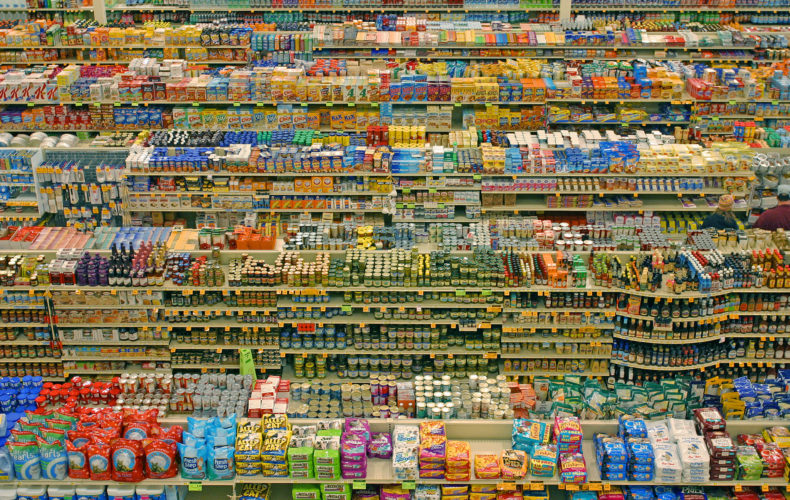I’ve been tormented (internally) by the abundance of food and the portion size of servings in the U.S. for some time. And, of course, the global juxtaposition that people still go hungry. As a result, I’ve got my own thoughts for technology solutions to help feed the hungry without judgment of their predicament, and I’m constantly on hyper-alert for good ideas in the space, or for “unlikely innovation heroes” that can be adapted.
Today, on Reuters Foundation News, I read an article that was given presented alongside a Reuters pre-cursor:
“About Our Food Coverage: We explore the challenges of ending hunger and malnutrition as food production adjusts to a warming world”
The news, from Munich, was the the UN’s WFP wanted to “spur progress towards Zero Hunger by launching an Innovation Accelerator to identify and nurture new, bold responses to humanitarian and development challenges as outlined in the Sustainable Development Goals.”
While the world has preached innovation for a half-dozen years now, many of us who are focused on “true” impact have started to instead prefer to use the language of collaboration as the key for real progress. Hence, it was these phrases that got me excited about the WFP’s endeavor:
“Teams collaborate for three- to six-month periods on selected ideas that are either proposed by WFP innovators with first-hand field knowledge or crowd-sourced by engaging members of the general public.”
and
“WFP’s desire to collaborate like never before ensures that by working together we will transform how we serve, and the speed at which we deliver.”
The WFP has embraced crowd-sourcing, collaboration and openness in its pursuit of progress.
The world is changing. It is getting better at feeding its growing number of citizens. And the numbers of those who still go hungry continues to fall. However, the reality is also that there are still close to 800 million souls who do NOT receive enough food to live active lives. And new methods – of production, of transport, of technology utility – need to be implemented.
We’re on the cusp.
Now, let’s dive in.
You can follow progress at – @WFPInnovation and #ZeroHunger
main photo credit to Lyza Danger – use by Creative Commons license





Leave a Reply